Master of Science in Biotechnology
2024-03-19 9:59Master of Science in Biotechnology
Master of Science
in Biotechnology
Course Duration : 2 Years
About this Course
Embark on an advanced academic journey with our Master's program in Biotechnology. Building on the foundations laid during your Bachelor's in Pharmacy, this specialized course delves deep into the intricate world of biotechnology. From genetic engineering to the development of cutting-edge medical technologies, you'll be at the forefront of scientific innovation. Uncover the secrets of manipulating living organisms for the betterment of healthcare and beyond.
Some of the Popular Career Paths Include
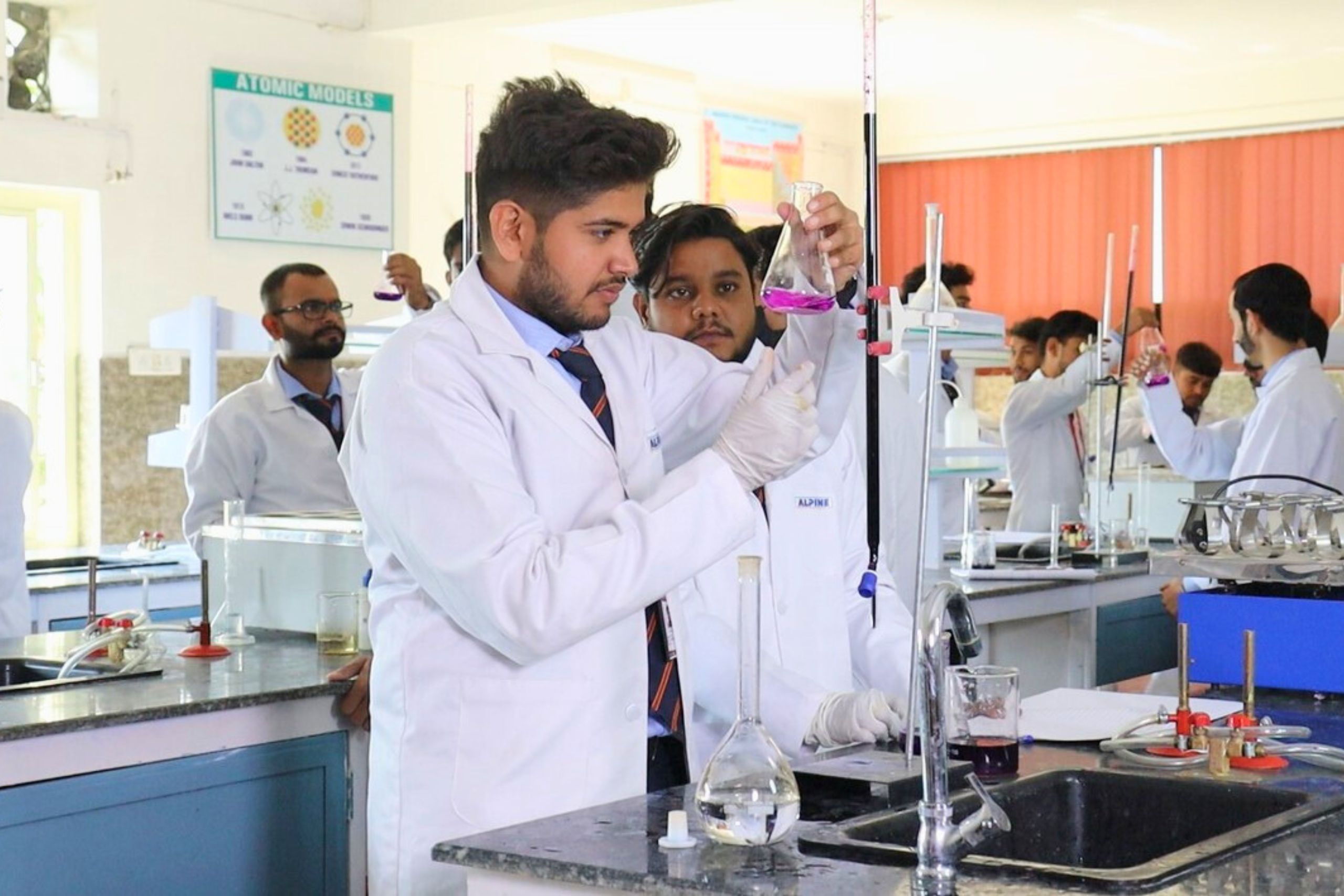
Life of a
Student in Biotechnology
Embark on a captivating journey that merges pharmaceutical expertise with genetic exploration. As a Master's student in Biotechnology, your days will involve unraveling the intricacies of genetic engineering and contributing to groundbreaking medical technologies. It's not just a career; it's a transformative experience in the realm where pharmacy meets cutting-edge science.
Download Brochure
Our Proud Alumni

Animesh Banerjee

Jameson

Mritunjay Chaudhary

Lakshmi S. Nath

Pasan Pavan Kalyan

Rahul Jaiswal

Shivam Kumar

Yadhika Ghatani

Praveen Kumar Thakur

Shaswat Deep

Ritik Kumar
Photo Library
Crafting careers, fueling dreams. Where learning meets adventure, everyday.





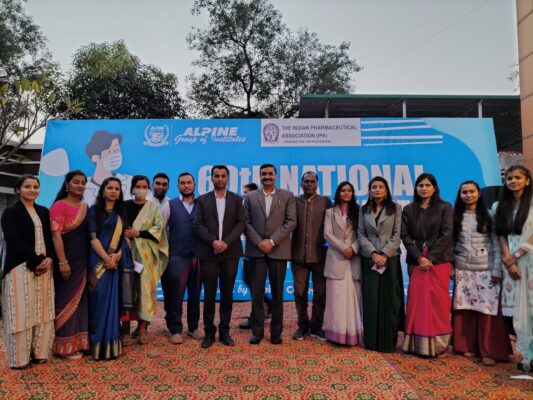
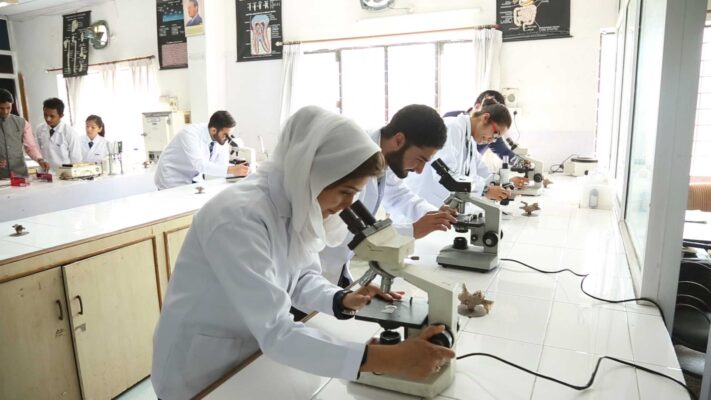
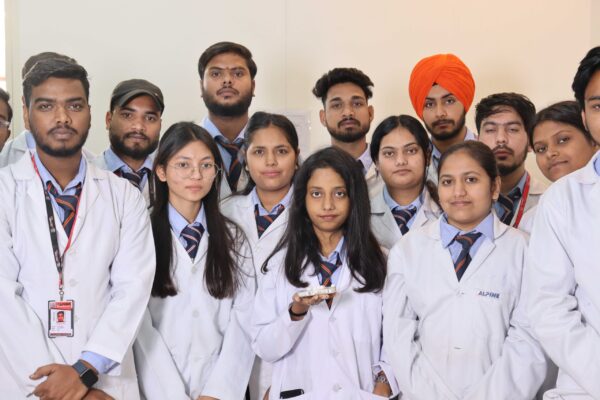
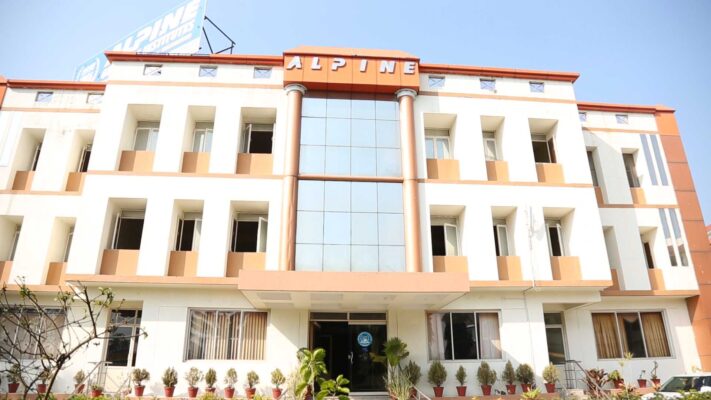

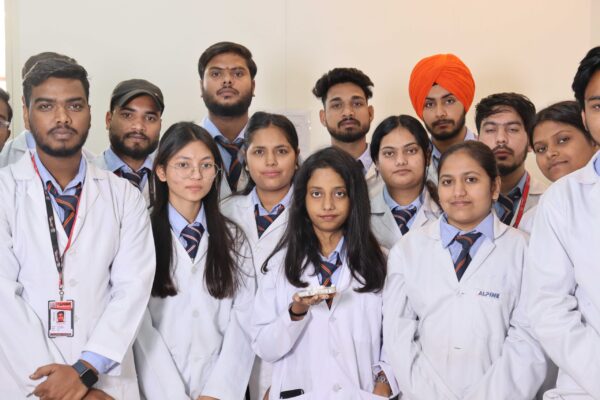

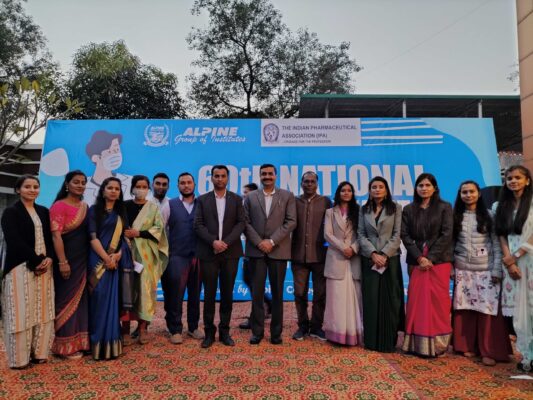

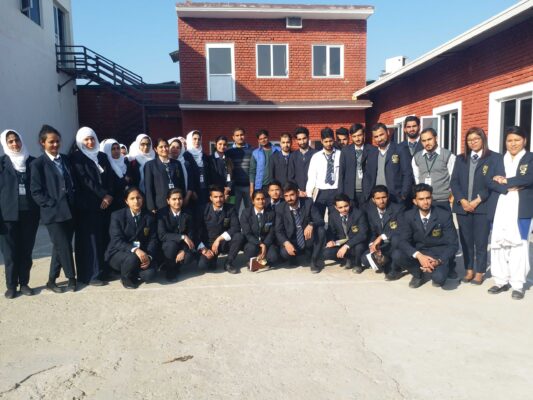
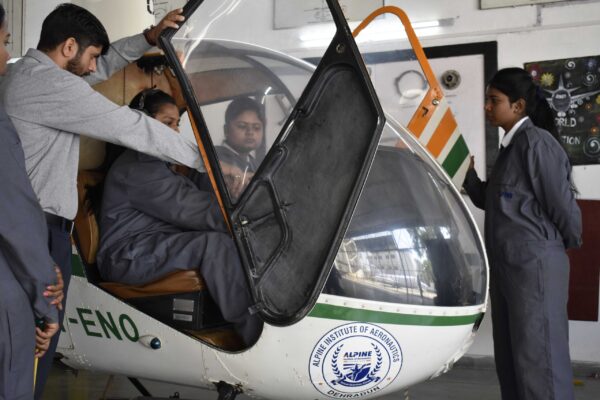


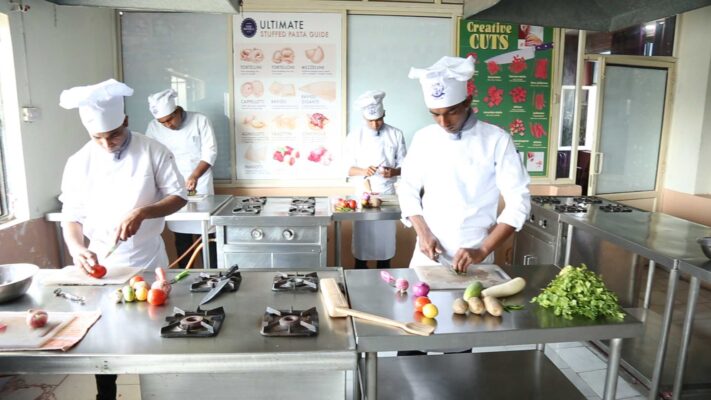
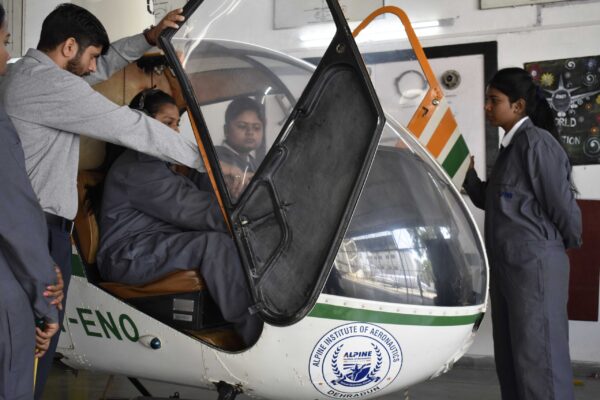
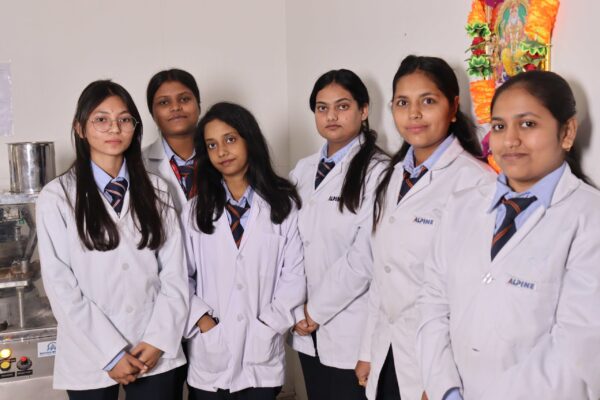

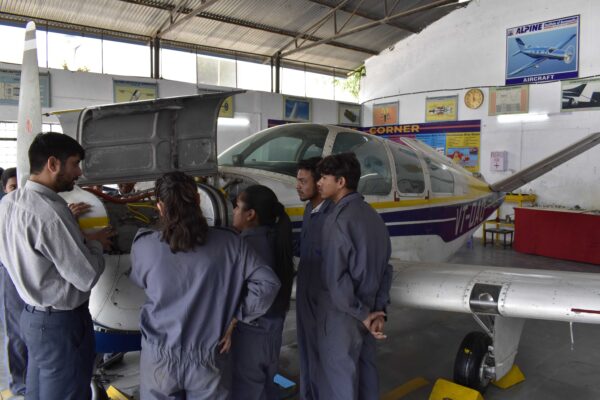


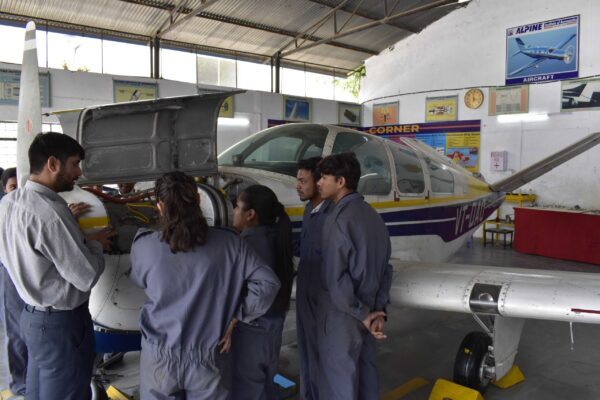




Frequently Asked Questions
Master’s degree in Biotechnology opens up a wide range of career prospects in various industries where biological systems and processes are applied to develop products and technologies. Some common career paths for individuals with a Master’s degree in Biotechnology are Biomedical Research Scientist, Biopharmaceutical Industry, Bioprocess Engineer, Bioinformatics Specialist, Environmental Biotechnologist, Food and Agricultural Biotechnologist, Regulatory Affairs Specialist, Biotechnology Entrepreneur etc.
These are just a few examples of the diverse career opportunities available to individuals with a Master’s degree in Biotechnology. The field continues to evolve rapidly, offering new and exciting prospects at the intersection of biology, technology, and innovation.
A M.Sc. degree in Biotechnology opens up diverse career paths in various industries, including pharmaceuticals, healthcare, agriculture, environmental science, food science, and bio manufacturing. Graduates can pursue roles in research and development, production, quality control, regulatory affairs, and more.
Biotechnology is a rapidly growing field with high demand for skilled professionals. Post Graduates with expertise in biotechnology are well positioned to secure employment in a wide range of industries, offering job security and stability.
Roles in research and development, bioprocess engineering, and regulatory affairs, in particular, can command high salaries. Biotechnology plays a crucial role in driving innovation and addressing global challenges in areas such as healthcare, agriculture, environmental sustainability, and renewable energy. Working in biotechnology allows individuals to make a meaningful contribution to society and improve the quality of life for people around the world.
The specific requirements for admission to an M.Sc. program in Biotechnology can vary depending on the institution. some general requirements are:
Educational Background: Typically, candidates are required to have a bachelor’s degree in a relevant field such as Biotechnology, Biology, Biochemistry, Molecular Biology, Genetics, or related disciplines. Some programs may accept students with degrees in other fields if they have taken relevant coursework.
Academic Performance: A strong academic record is usually required for admission to M.Sc. programs. This is often demonstrated through a minimum GPA (Grade Point Average) requirement, which varies by institution.
A M.Sc. program in Biotechnology typically covers a wide range of topics related to the application of biological principles and techniques in various industries, including healthcare, agriculture, pharmaceuticals, environmental science, and more. The curriculum is designed to provide students with both theoretical knowledge and practical skills necessary for careers in biotechnology research, development, and innovation. Some of the key areas that are commonly covered in M.Sc. Biotechnology programs are Molecular Biology, Biochemistry, Genetics, Cell Biology, Bioprocessing and Biomanufacturing, Medical Biotechnology and Pharmaceuticals, biotechnology in Agriculture and food Science, Environmental Biotechnology, Bioinformatics etc. M.Sc. Biotechnology programs aims to provide students with a comprehensive understanding of the applications, principles, and ethical considerations of biotechnology, preparing them for careers in industry, academia, government, or entrepreneurship in the rapidly evolving field of biotechnology.




